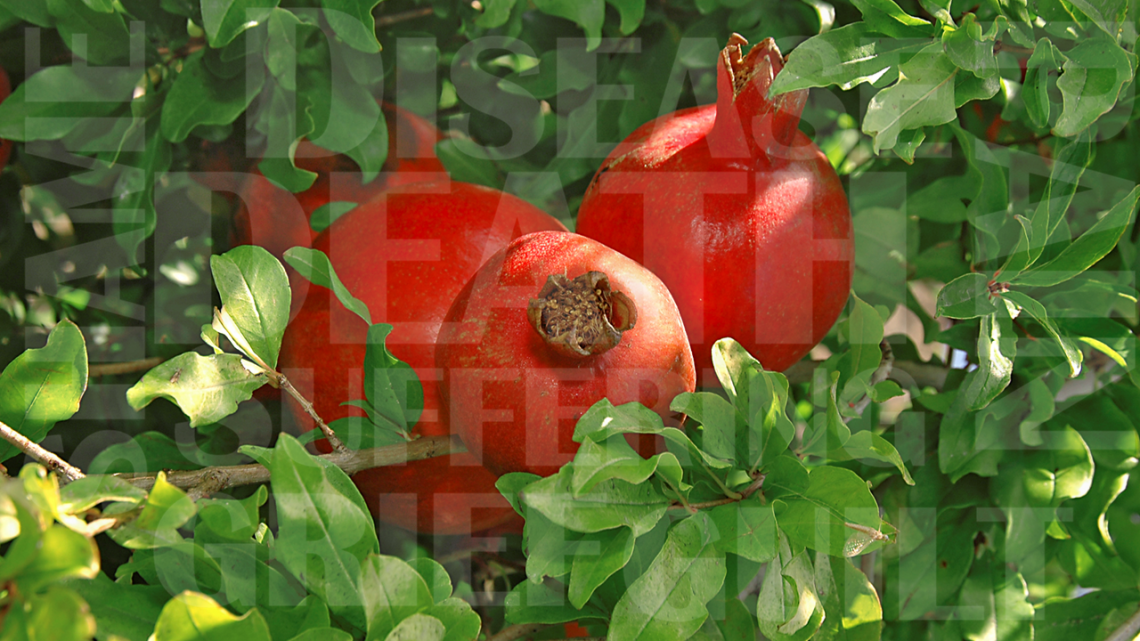Failure to recognize the difference between the seen and the unseen lies at the root of the sin problem. Indeed, this failure goes all the way back to Eden.
“Now the serpent was more crafty than any beast of the field, which the Lord God had made. And he said to the woman, ‘Indeed, has God said, you shall not eat from any tree of the garden?’ The woman said to the serpent, ‘From the fruit of the trees of the garden we may eat; but from the fruit of the tree which is in the middle of the garden, God has said ‘you shall not eat from it or touch it, or you will die.'” (Cite text) Genesis 3:1-
The ancient Roman Quintilian said, “The height of art is to conceal art.” In Genesis chapter 3, the serpent, being “more crafty than any beast of the field,” is crafty enough to conceal his deception. In other words, it is his deception which is unseen, from the very beginning. He begins, not with a contradiction of what God has said, but with an innuendo, “indeed, has God said…” One can almost hear the sneer, see the upturned nose, a raised eye. His first stratagem is to induce doubt.
He knows, so long as individuals trust God, sin cannot take hold over them. So he starts with just the slightest hint of suspicion. It appears to go unnoticed, as the woman simply repeats what God has indeed said. Having induced this tiny bit of doubt, the serpent strikes!
The serpent said to the woman, “You surely will not die!”
There it is, the direct contradiction. And notice how emphatic it is: rather than “you will not surely die,” still a total contradiction, the New American Standard Bible renders this passage more strongly, “you will surely not die!” A survey of 15 or 20 translations reveals that this more emphatic rendering is apparently closer to the original Hebrew. Simply saying, “You shall not surely die,” indicates that death is possible but not certain. This more emphatic reading, “You surely will not die!” eliminates death as a possibility.
Given the setting, in Eden, where they walked with God in the garden every day, it must have been shocking! Before the woman has a chance to process this radical — and very visible, or rather, in this case audible — contradiction, the serpent follows it up with a second, more complex lie.
“For God knows that in the day you eat from it your eyes will be opened, and you will be like God, knowing good and evil.”
This is perhaps the most crafty part of the Serpent’s deception. What he says here is half true. Up until this point, human beings have only known good. When they partake of the forbidden fruit, they will indeed become like God in one very specific respect; for the first time, they will add a knowledge of evil, to their knowledge of good.
And here, what can be seen dominates the woman’s thinking.
“When the woman saw that the tree was good for food, and that it was a delight to the eyes, and that the tree was desirable to make one wise, she took from its fruit and ate.”
Note that the visible evidence is not false. The fruit of the tree was not poisonous. They did not begin to die because of anything in the fruit itself. The tree was indeed beautiful, as were all the trees in the garden of Eden. The tree would indeed make her wise, in the one respect we’ve already mentioned, and wisdom, as a general thing is desirable. All these things were readily visible, and accurate.
Everything that she could see corroborated the Serpent’s lies. What she could not see was that once humankind knew evil, there would be no going back. They would indeed begin to die that day. But that, terrible as it was, was not the end. In addition to simple death, mankind would now know disease, suffering, pain, guilt, and shame. The prevalence of suicide tells us that these other woes are often perceived as more terrible than death itself. And all these were unseen at the time.
Doubting God, becoming suspicious of their maker, that he was withholding something good from them, would become a habit. Indeed, they would begin to doubt one another. Every relationship would now be infected with doubt and suspicion. Mankind had been offered the opportunity to know evil, and now they would never forget it, never escape it, without divine intervention.










